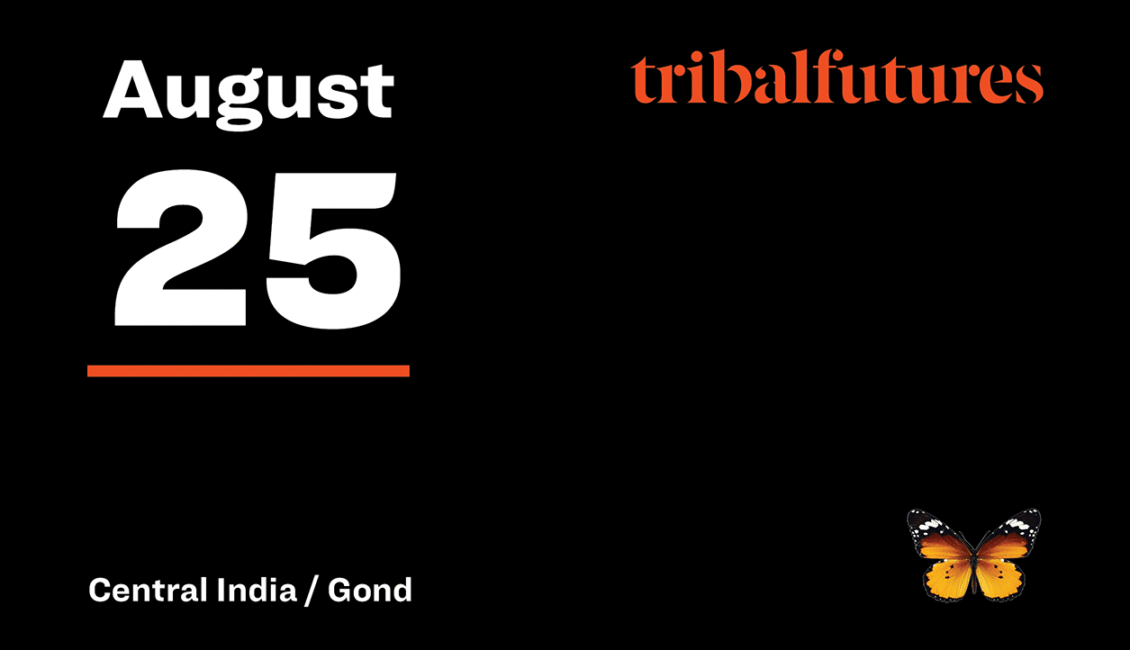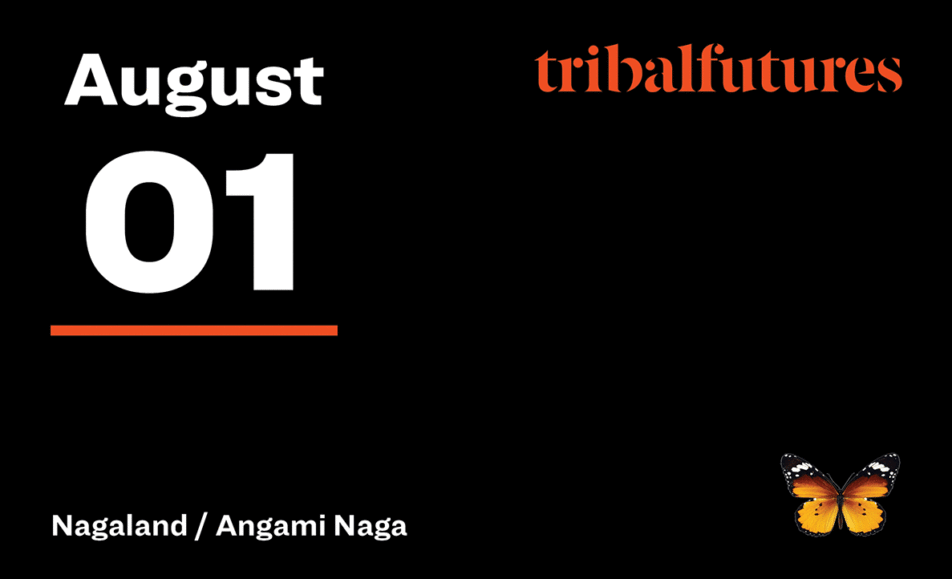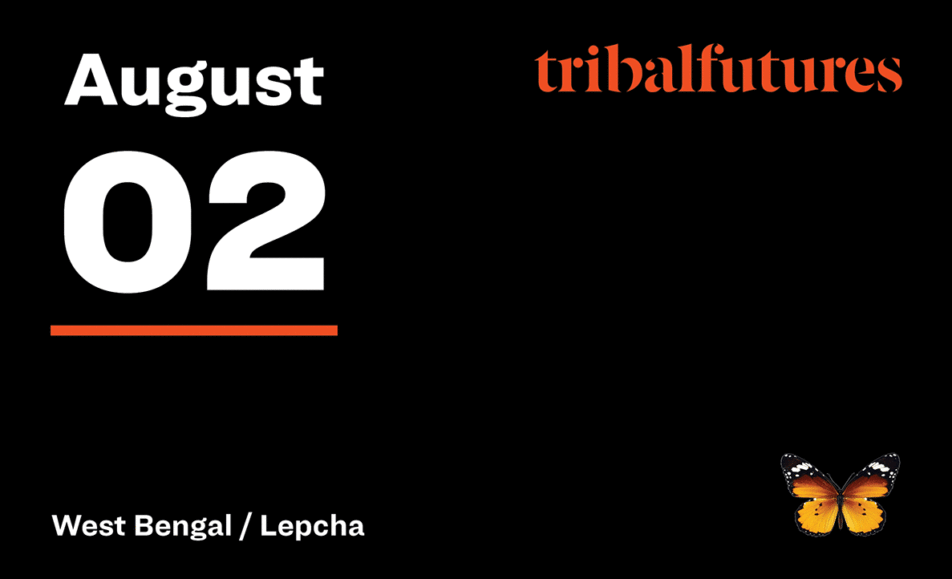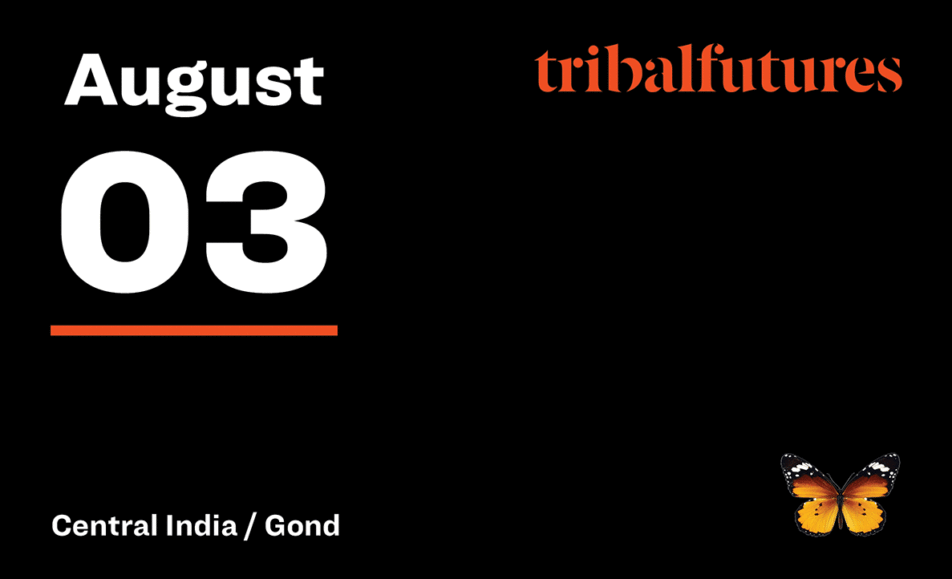
Green Hub Fellows Sunil Kumawat and Hari Kumar Kunjam will present a screening and discussion of their film Beej Bank_Paramparagat Ann, Kisano Ke Sang (Seed Bank_Indigenous Seeds with Farmer Collectives). The film explores the impact of the Green Revolution on traditional farming practices, particularly the widespread adoption of chemical fertilizers and hybrid seeds, which led to the gradual loss of indigenous seed varieties. In response to this issue, the Gram Sudhar Samiti (GSS) initiated a unique project in the Sidhi district of Madhya Pradesh to promote seed sovereignty and reduce farmers’ dependency on market-bought seeds.
The film documents the creation and management of a community-led seed bank, which preserves and promotes the use of traditional, indigenous seeds. It highlights the benefits of using these seeds, including better adaptability to local conditions, resilience to pests and diseases, and reduced input costs. The initiative not only aims to preserve agricultural biodiversity but also empowers farmers by fostering self-reliance and sustainability.
The screening will be followed by a talk and Q&A session, where Sunil Kumawat and Hari Kumar Kunjam will discuss the film’s production, the challenges faced in advocating for traditional seeds, and the successes achieved through the project. The session will provide insights into the importance of preserving traditional agricultural knowledge, the role of seed banks in sustainable farming, and the broader implications for food security and environmental conservation. The film is made under the Green Hub Central India (GHCI) fellowship, a project of Dusty Foot Foundation and Mahashakti Seva Kendra (MSK), that looks at empowering youth in environment conservation, sustainable agriculture and livelihood through the digital medium. GHCI is supported by Bharat Rural Livelihood Fund (BRLF)




